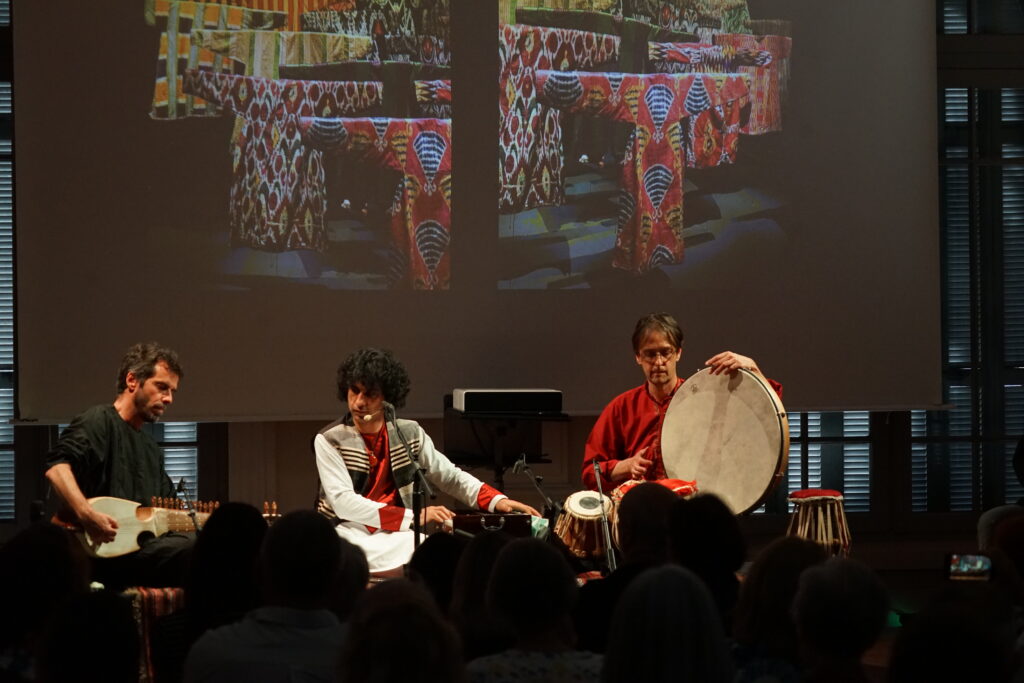I recently had the honour of being interviewed by the radio station France Musique to talk about the rubāb on the ‘Representative List of the Intangible Cultural Heritage of Humanity’ and the threat to musical practice in Afghanistan following the return of the Taliban. The rubāb is directly threatened with extinction, despite being the very embodiment of Afghan culture. I would like to thank Gabrielle Oliveira Guyon for inviting me to take part in his radio broadcast and giving me the opportunity to share my thoughts on the dramatic situation facing the Afghan people.
Music in Afghanistan: A Tradition in Danger
Since the Taliban returned to power in 2021, the practice of music has been formally banned in Afghanistan, resulting in the disappearance of an age-old tradition. The rubāb a musical instrument that I have been studying for over twenty years, is under direct threat. In my interview, I explain that, although there are other versions of the instrument played in other Asian countries, the one invented in Afghanistan is in real danger.
I would also like to point out that the rubāb is the only rubāb-type lute to face this threat, the other rubābs are not in danger (those played in Badakhshan, Baluchistan, Kashmir, Uzbekistan or Tajikistan). I was keen to highlight the urgency of the situation.

Afghan Musicians: Resistance Through Exile
Beyond Afghanistan's borders, some musicians continue to keep the tradition of Afghan music and the rubāb alive. Ustad Fazel Sapand, a talented musician and founder of the Honarestan music academy in Herat, had to flee his country because of the many threats he received. He settled in Lisbon, along with other Afghan musicians. Although these artists can now practise their music in complete freedom, they face major difficulties: the absence of an initiated public, the total disappearance of traditional contexts linked to the practice of music and economic difficulties, or the need to support themselves in foreign countries.
In the interview, I wanted to emphasise the extent to which this diaspora of artists, although a beacon of hope, faces new challenges.

The Rubāb: An Instrument Still Made in Afghanistan, Despite Everything
During the interview, I also raised the question of the production of the rubāb in Afghanistan. Despite the ban imposed by the Taliban, there are still luthier workshops in the country. Of course, conditions are extremely difficult and risky. The craftsmen face major obstacles, but some manage to get round the bans by exporting the various parts of the instrument to neighbouring countries for assembly on the other side of the border. Smuggled into neighbouring Pakistan, where there is a large Pashtun community, these reconstructed Afghan rubābs are exported internationally.
Listen to the full interview on France Musique (in French)
I invite you to listen to the full interview on France Musique, where I go into more detail about the current challenges facing Afghan music and how we can collectively preserve this cultural wealth despite the challenges imposed by the Taliban.